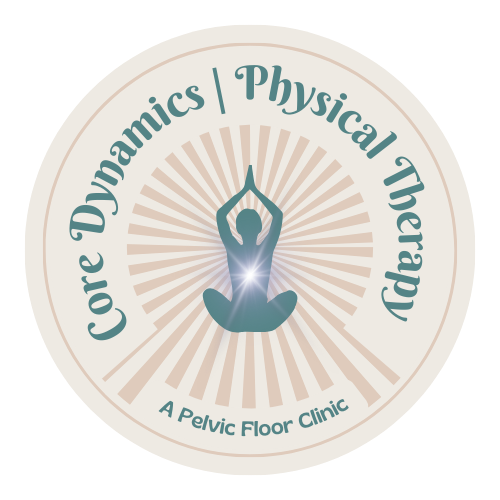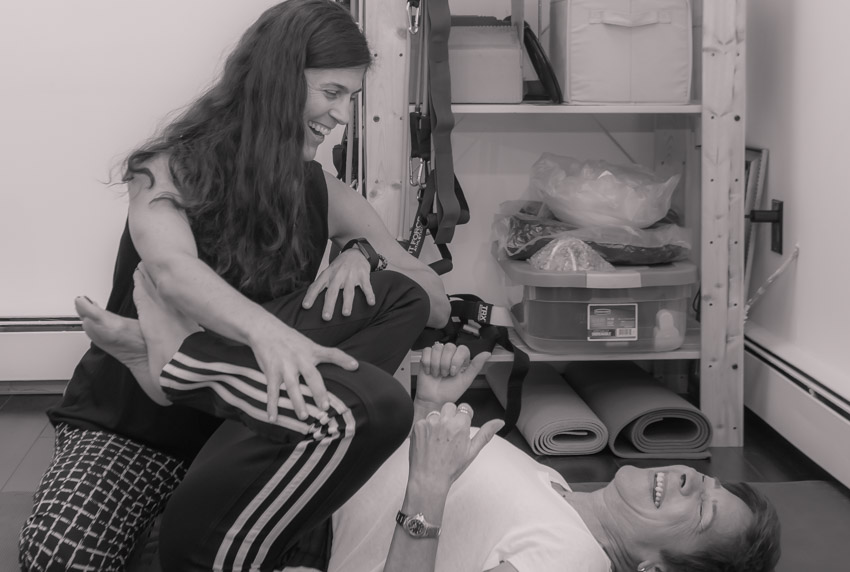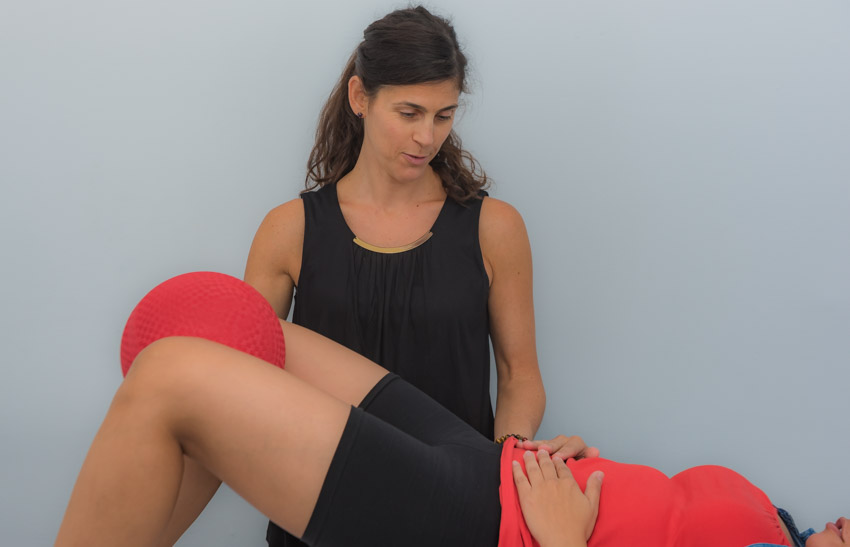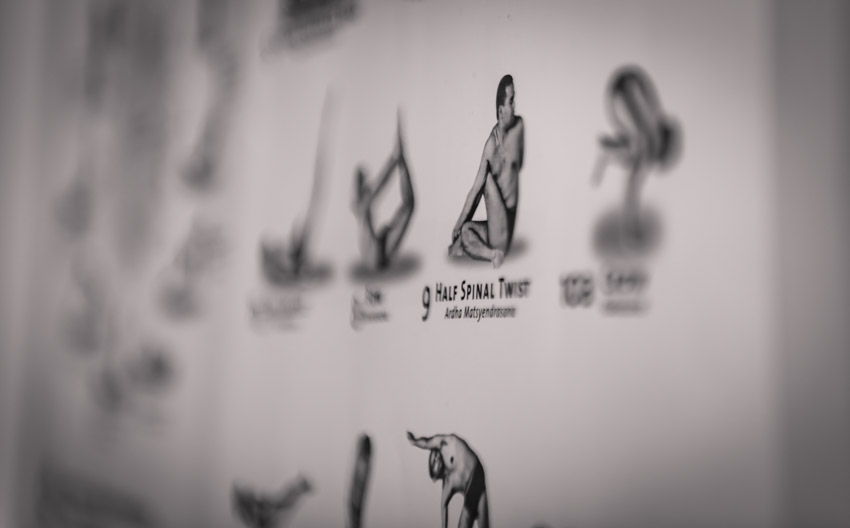The best pelvic floor physical therapy care for all persons.
What is Pelvic Floor Dysfunction?
Pelvic floor dysfunction (PFD) refers to conditions which involve the pelvic floor muscles (muscles which surround the vagina and rectum) when they do not function “normally”.
This may be seen as laxity and low tone in the muscles and surrounding tissues or spasming and increased tone in the muscles. Symptoms may include pelvic pain, urinary and/or bowel dysfunction (incontinence, urgency, frequency, nocturia) and sexual dysfunction (painful intercourse, painful ejaculation, etc).
Coccydynia
Constipation
Dyspareunia
Endometriosis
Endometriosis is a disease in which cells similar to the lining of the uterus (endometrium) are found outside of the uterus. Symptoms may include (but are not limited to): Pelvic Pain, Dyspareunia (painful intercourse), Back and Hip issues, Bowel/GI issues, Abdominal Bloating, etc.
Incontinence
– Stress Urinary Incontinence
– Urge Incontinence
– Mixed Incontinence
– Fecal Incontinence
Interstitial Cystitis
Obstetrical Dysfunction/Pre-Natal Care
Pelvic Pain
Postpartum Care
Postpartum pain and symptoms are rarely discussed, but do need to be addressed. Such symptoms as Diastasis Rectus Abdominis, Urinary Incontinence, Sacro-Iliac Joint pain, Lumbar (low) back or Thoracic (mid back) pain, abdominal pain or weakness, post C-section, posture, etc.
Post Prostatectomy
Men often deal with urinary symptoms such as incontinence and erectile dysfunction after their surgery.
Pre and Post Pelvic/Abdominal Surgery
Hysterectomy, Prostatectomy, Endometriosis, Hernia Repair, C-section, TVT, Prolapse repair, Sling procedure, Colon surgeries, etc.











